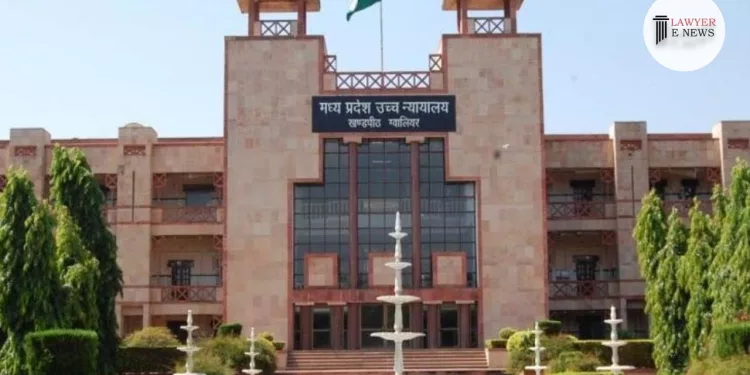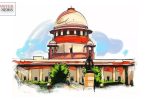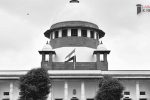Amendments in Criminal Complaints Affecting Substantial Aspects Like Cheque Dates Not Permissible Under Criminal Procedure – Madhya Pradesh High Court

In a significant ruling, the High Court of Madhya Pradesh at Indore, presided over by Hon’ble Shri Justice Pranay Verma, addressed the critical issue of amendments in criminal complaints under Section 138 of the Negotiable Instruments Act. The court held that amendments, especially those altering substantial aspects like dates on cheques, are impermissible under the Criminal Procedure Code (Cr.P.C.).
Legal Point of the Judgement: The primary legal point in this judgement is the prohibition of amendments in criminal complaints that alter substantial aspects, such as the dates on cheques, under the Criminal Procedure Code.
Facts and Issues: The petitioner, Anil Kumar, challenged the orders related to the amendment of a complaint under Section 138 and the rejection of an application under Section 142 of the Negotiable Instruments Act. The complainant had filed a complaint alleging that the accused issued cheques that were dishonored due to insufficient funds. Subsequently, the complainant sought to amend the complaint to correct the cheque dates, which the trial court allowed.
Court Assessment:
Distinction Between Errors: The court distinguished between simple clerical errors and significant mistakes in complaints, emphasizing that errors in cheque dates are substantial and affect the complaint’s basis.
No Provision for Amendments in Cr.P.C.: The court observed that there is no provision in the Criminal Procedure Code for amending criminal complaints, citing precedents such as the case of Dilip vs. State of M.P. and Lekhraj Singh Kushwah vs. Brahmanand Tiwari.
Supreme Court Guidelines on Amendments: Referring to the S.R. Sukumar case, the court stated that amendments could only be allowed for curable infirmities that do not change the original nature of the complaint or prejudice the accused.
Reconsideration of Application Under Section 142: With the amendment deemed unsustainable, the court directed the trial court to reconsider the application under Section 142 of the Negotiable Instruments Act.
Decision: The High Court quashed the trial court’s order allowing the amendment of the complaint and remitted the matter for fresh consideration of the application under Section 142 of the Act, 1881.
Date of Decision: 18th March 2024.
Anil Kumar vs. Balwantsingh Sethi






